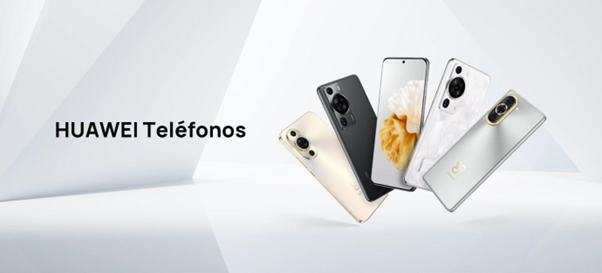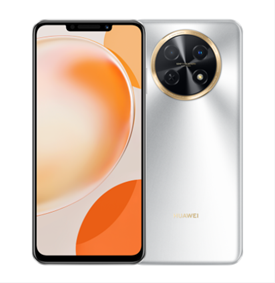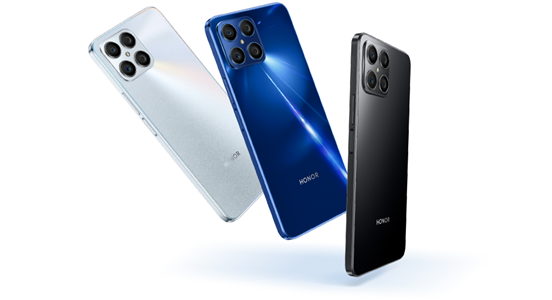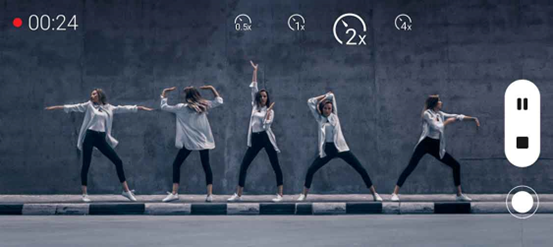While the popularity of
wearable sleep trackers
is at an all time high, research shows that they aren’t 100 percent accurate in terms of sleep stages, total sleep time, total wake time, and sleep efficiency.
However, sleep trackers can be helpful in paying attention to trends and patterns in your sleep data may point to underlying sleep issues, such as sleep apnea.
To get a
better night’s sleep
, it’s important to go to bed and wake up at a consistent time every day, work out during the day, and avoid caffeine and screen time before bed.
Despite all the buzzy
recovery gear and gadgets
on the market, there’s one thing companies can’t package up and put a price tag on: sleep. But a good night’s sleep is the very foundation of performance—and experts say it may actually be the single most important factor in exercise recovery, according to new
research
from the
International Journal of Sports Medicine
.
Related Story
What Happened When I Tried a Sleep Calculator
A good night’s sleep is so crucial to exercise recovery and performance that the sleep tracking wearable business is booming; sales are projected to grow 15.8 percent per year between 2020 and 2026, according to
market reports
. But are these devices even accurate? It depends on the device you’re using, a December 2020
study
published in the journal
Sleep
found.
The gold-standard sleep assessment technique, polysomnography (PSG), isn’t possible outside of a laboratory or clinic, so researchers compared the results of four wearable sleep-tracking devices (Fatigue Science Readiband, Fitbit Alta HR, Garmin Fenix 5S, Garmin Vivosmart 3) and three non-wearable (EarlySense Live, ResMed S+, SleepScore Max) sleep-tracking devices against the mobile sleep assessment standard, actigraphy. They found that all of the devices
except
the Garmin performed as well as or better than actigraphy on sleep/wake performance measures.
Additional
research
published in the
Nature & Science of Sleep Journal
in October 2020 found that the Fitbit Ionic and the Oura Smart Ring possessed the lowest degrees of error in sleep tracking compared to an electroencephalography (EEG)-based device as well as other wrist-based trackers, including the Beddit Sleep Monitor 3.0, Fatigue Science Readiband, Polar A370, and WHOOP Strap 2.0. The Apple Watch Series 3 and Garmin Vivosmart 4 fell at the other end of the spectrum.
What that really means is “if you’re asleep, most these devices are going to correctly determine—with 90 to 95 percent accuracy—that you are indeed asleep,” says the
Sleep
study author Evan Chinoy, a sleep research scientist at the Naval Health Research Center in San Diego, CA. “However, if you’re in bed
trying
to sleep but still awake, they’ll only perform at a medium level of accuracy.”
That’s likely because, if you’re not moving and your heart rate is low, the devices—which typically use an accelerometer to detect movement and a light-based sensor to detect heart rate—have a harder time determining whether you’re actually awake or asleep.
Related Story
More Sleep Could Make You Less Injury-Prone
In general, the devices tended to overestimate sleep and underestimate wake. The study authors hypothesized that Garmins’ relatively higher threshold for wake and lower threshold for sleep is what resulted in their poor performance. They also tended to perform worse on nights with poorer or disrupted sleep, meaning your data in the morning may
say
you had a good night’s sleep, even if you were tossing and turning throughout, says Chinoy.
Most new wearables also track the sleep stages you cycle through throughout the night. But “in terms of tracking light, deep, and REM sleep, basically all of the devices performed at only a medium level of accuracy,” says Chinoy. Translation: There’s only about a 50-percent chance your data is accurate. “These devices really shouldn’t be looked at for sleep staging at this point,” Chinoy adds.
In fact, a 2021
study
published in the journal

found that most wearable sleep tracking devices either overestimated or underestimated sleep metrics such as total sleep time, total wake time, and sleep efficiency. The trackers tested also weren’t accurate in quantifying sleep stages (REM, non-REM). However, Fitbit and Oura were deemed the most accurate out of eight commercial brands that were tested.
That’s not to say they won’t be capable of better discriminating between sleep stages or providing even more data as the algorithms used by the devices evolve. (For what it’s worth, most of the devices in both of these studies have since been replaced by new versions that likely have even more sophisticated sleep tracking sensors in them.)
Smart Sleep Trackers
Fitbit Charge 4 Activity Tracker
Fitbit
amazon.com
$124.99
SHOP NOW
Automatically record time spent in light, deep and REM sleep stages.
2breathe Sleep Inducer
SHOP NOW
2breathe uses a small sensor on a strap around your abdomen to measure your breathing pattern.
Garmin vívosmart 4
SHOP NOW
Includes advanced sleep monitoring with REM sleep and can gauge blood oxygen saturation levels during the night.
Watch Series 6
Apple
amazon.com
$499.00
SHOP NOW
Schedule bedtimes to help meet your sleep goals and analyze your sleep trends over 14 days.
Eventually, these devices might provide actionable advice that can help you change your behavior to optimize your sleep, says Brandon Peters-Mathews, M.D., a sleep-medicine doctor at Virginia Mason Medical Center in Seattle and the author of
Sleep Through Insomnia
. “Insights may prompt reduced intake of caffeine or alcohol late in the day, daytime exercise or a cooler bedroom to enhance deep sleep, or prolonged wakefulness may be eliminated by reducing the time in bed,” he adds.
For now, while these findings indicate that many sleep-tracking devices
do
demonstrate promising performance for tracking sleep and wake, don’t start obsessing over your sleep data. Getting so caught up in the quest for “perfect” sleep can actually further disrupt your shuteye; scientists have deemed this “
orthosomnia
” (it’s not an official medical diagnosis, but, in the age of ubiquitous data, it’s another way
metrics mess with your head
).
Related Story
How Your Fitness Tracker Can Help You Sleep Better
These devices are merely meant to provide you with information that
might
inform your habits and help you spot problems. “People who sleep well don't think about it,” says Peters. So if you wake up generally feeling refreshed, you probably don’t need a sleep tracker to give you any more information. But if you
aren’t
sleeping well, “it is possible that sleep tracking may be the first step to engaging in helpful ways to optimize sleep,” he adds.
Just paying attention to trends and patterns in your sleep data may point to underlying sleep issues, such as sleep apnea. “If someone is sleeping poorly, and the data supports this experience, it may lead to an evaluation by a board-certified sleep physician, and, with additional assessment, these problems may be resolved,” says Peters.
Just remember, wearing a sleep tracker isn’t going to do you any good if you aren’t doing
the actual work
to get a better night’s sleep, such as going to bed and waking up at a consistent time every day, working out during the day, avoiding caffeine and screen time before bed, and reserving your bed for sleep only. Unfortunately, that discipline and willpower need to come from you.
Ashley Mateo
Ashley Mateo is a writer, editor, and UESCA- and RRCA-certified running coach who has contributed to Runner’s World, Bicycling, Women's Health, Health, Shape, Self, and more.
This content is created and maintained by a third party, and imported onto this page to help users provide their email addresses. You may be able to find more information about this and similar content at piano.io




